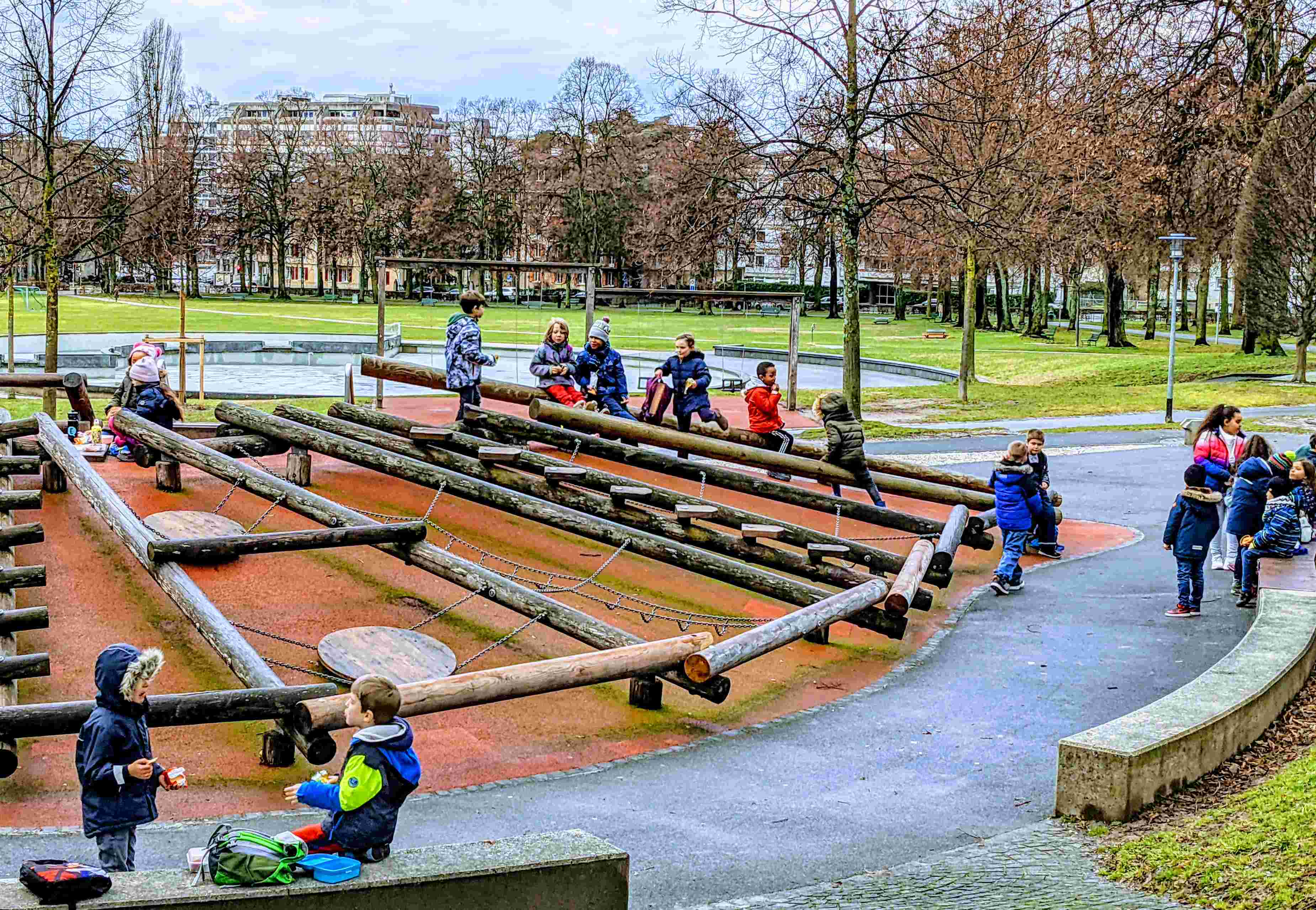Research by academics from the Play in Education, Development and Learning Center (PEDAL) from the Faculty of Education at the University of Cambridge has shown that "guided play" learning can be as effective and sometimes better than traditional direct adult-led instruction, at least with children up to 8 years old.
"Guided play" refers to playful educational activities gently steered by an adult, while allowing children to explore and learn about the subject in their own way and pace. The study found that this kind of approach can be as good as teacher-led methods in developing key skills such as numeracy, literacy, social and thinking skills (known as executive functions).
The findings suggest young students may master some competencies, especially in math, even better through guided play than through more formal styles of teaching. It's an old debate in education, a discussion generally focused on "free" open-ended play.
The Cambridge University study is the first to systematically examine the effects of guided play, which involves imagination-based games and other playful techniques with the support of an adult using open-ended questions in order to engage the kids to read or to count; a common method in preschool but less frequent in primary education.
So, on one hand there is free play, by which children decide what to do with little adult involvement, while on the other hand there is traditional instruction, by which a teacher tells the children what to do, controlling the learning process.
According to Dr. Elizabeth Byrne, a co-author of the study, "Guided play falls somewhere in between. It describes playful activities which are scaffolded around a learning goal, but allow children to try things out for themselves. If children are given the freedom to explore, but with some gentle guidance, it can be very good for their education - perhaps in some cases better than direct instruction".
In short, it seems that guided play activities produce as much benefits as traditional teacher-led methods. The researchers suggest that guided play may have other effects on the educational progress, such as enhancing the children's motivation, confidence, creativity, and persistence. An important discussion that is far from closed.

Picture: Children in the Park (ChildUp.com)



